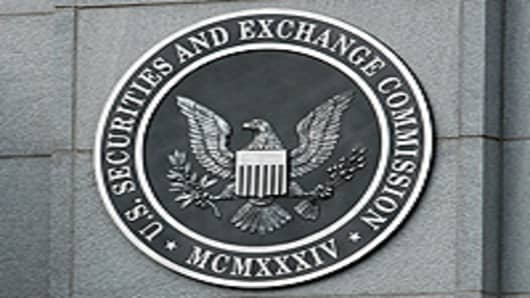"Did Goldman or Paulson do anything untoward? Not really. These instruments were sold to very sophisticated investors, who should have done their reading," Gartman commented.
Discovering that the smartest guy in the room was actually betting against their own long positions has sent a cold chill down many who were burned in the market over the past two years.
End of Goldman?
But Gartman gave kudos to those who did so. “I was looking to go short at the time. I wish I would have had the wisdom and the temerity to go to Goldman and say, 'would you put this instrument together for me,'" he said.
Does this case spell the end for Goldman as we know it? "No way," said Gartman.
"But the bank will be demonstrably smaller, there will be people leaving the firm, and business will decrease. The case will draw Goldman’s attention away from the core business to what is going on in the courts." What Goldman does next to correct repair the reputational damage it suffered is crucial in telling whether the bank will be able to regain the trust of their clients, Aaron Kwitten, Founder and CEO of Kwittken and Company, said.
“Managing the reputational damage will be like pushing water back uphill. Goldman are not going anywhere soon. They’re not going to a die,” Kwittken said.
The bank needs to assess how it operates its business "from an ethics and values perspective," he added.
"Goldman has a little of this, 'don’t hate me because I’m so pretty,' kind of thing," Kwittken explained.
"I think they need to lose that very quickly. Maybe they need to bring in a Chief Integrity Officer. In the past, Goldman only had to care about the financial community. Now, they have to care about the larger community," he added.




